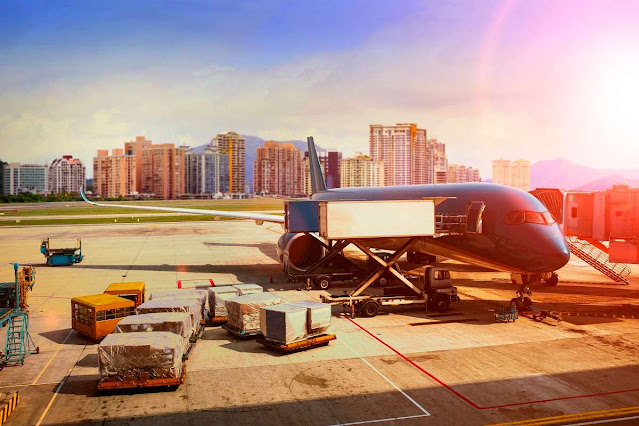Under Article 16 of
Vietnam Law on Commercial Arbitration, forms
of arbitration agreement resolving disputes are in written form. In particular:
An arbitration agreement may be made in the form of an arbitral clause in a contract or in the form of a separate agreement.
Arbitration
lawyers in Vietnam
An arbitration
agreement must be in writing. The following forms of agreement may also be
regarded as written form:
1.Agreement made
through communication between the parties by telegram, fax, telex, email or other
forms provided for by law;
2.Agreement made
through exchange of written information between the parties;
3.Agreement recorded in
writing by a lawyer, notary public or competent institution at the request of
the parties:
4.In their
transactions, the parties make reference to a document such as a contract,
document, company charter or other similar documents which contains an
arbitration agreement;
5.Agreement made
through exchange of petitions and self-defense statements which reflect the
existence of an agreement proposed by a party and not denied by the other
party.
In case multiple
arbitration agreements are reached on the same dispute, the latest lawful
agreement shall apply.
If the contents of an
arbitration agreement are not clear or could be understood in more than one
way, regulations of the Civil Code shall apply.
When there is a
handover of rights and obligations under a transaction or contract which
contains a lawful arbitration agreement, such agreement is still applicable to
the transferee and the transferor, unless otherwise agreed by the parties
concerned.
Multiple legal
relationships to resolve the same case shall be combined if the parties agree
to combine multiple legal relationships to resolve the same case, or the
arbitration rules allow for combination of multiple legal relationships to
resolve the same case.
ANT Lawyers - a Law firm in Vietnam with
international standard, local expertise and strong international network. We
focus on customers’ needs and provide clients with a high quality legal advice
and services. For advice or service request, please contact us via email
ant@antlawyers.vn, or call us +84 24 730 86 529.





















.jpg)




.jpg)


